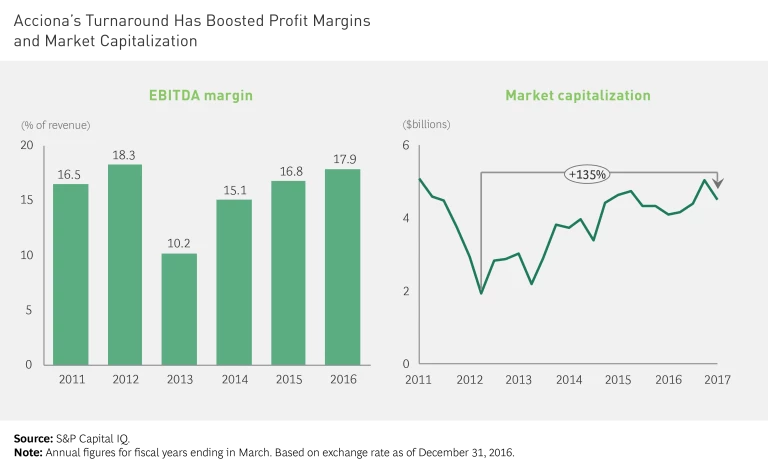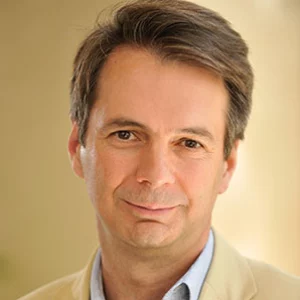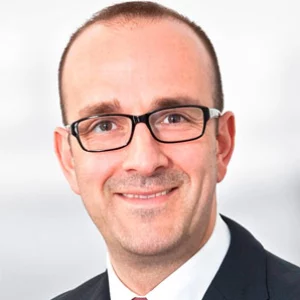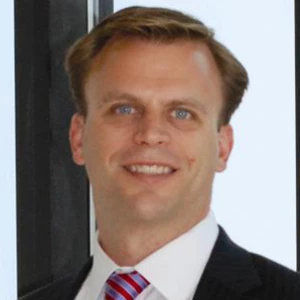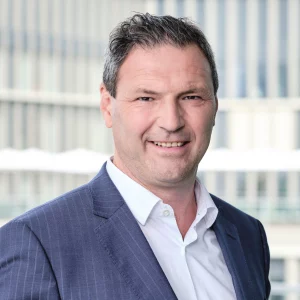This is an excerpt from The Comeback Kids: Lessons from Successful Turnarounds .
A cciona, a Spanish company that develops and services infrastructure projects, specializes in renewable energy (primarily wind and solar power). Like most countries, Spain has incentives that encourage the adoption of sustainable energy, but in 2013, the government announced some major changes to the regulations, including substantial cuts to renewable energy subsidies. Those changes led to a massive financial hit for Acciona: almost $300 million in EBITDA in 2012. Shares fell nearly 9% in response. Moreover, many of Acciona’s projects—such as water and energy infrastructure—require public-sector funding. European government spending on large infrastructure projects had contracted over the same period because of a slow recovery from the financial crisis, further complicating the company’s situation.
To overcome such challenging conditions, the company—led by president José Manuel Entrecanales—launched a turnaround in 2013 with three main objectives: mitigate the effect of regulatory changes regarding renewable energy projects in Spain; reduce the amount of bank debt on the books; and transform the business model to position Acciona as a developer of projects, rather than a long-term owner.
One goal was to position Acciona as a developer of projects rather than as a long-term owner.
To fund the journey, the company took several steps. In 2014, it canceled the interim dividend to shareholders (something that had never happened in Acciona’s history). Management also scaled back capex spending to only those projects where it was committed to move forward. From 2012 to 2015, capex declined by 73%. The company launched several cost reduction initiatives, including steps to reduce energy costs by nearly $90 million in 2013 and 2014. Those measures alone were enough for the windpower unit to return to profitability in 2014.
Apart from focusing the company’s spending, Acciona looked to raise additional capital, forming a strategic alliance with private equity firm KKR in 2014. KKR paid roughly $431 million for a third of Acciona’s renewable energy business, primarily operations outside Spain. That gave the company the capital it needed in order to grow.
Acciona then restructured into three business lines: energy (including wind and solar), infrastructure (including construction, water, industrial, and services), and other activities. Consolidating the infrastructure unit gave the company a coherent set of offerings for clients and a more efficient internal structure, generating scale advantages. For example, it could bundle all procurement for the unit, leading to cost synergies.
As part of the restructuring , the company diversified away from its reliance on the domestic market, instead identifying five strategic countries where it could grow: Mexico, India, the US, Australia, and Chile. Once it had reduced its debt, the company scaled up capex spending, from $141 million in 2015 to $531 million in 2016, primarily in energy investments in India, Chile, and the US. The company also sold off more than $1 billion in assets that were not relevant to the three business lines, reducing its debt load. In 2013, it sold holdings in Germany and Korea—two markets where the company did not have a big enough presence to dominate.
Last, because the renewables segment depends so heavily on innovation, Acciona invested some of the freed-up capital in R&D (3% of revenue in 2016). That has led to groundbreaking research in areas such as a battery storage plant for wind energy, capable of holding 1.7 megawatts of energy, which can be released back to the power grid when needed. The company is also continuing to improve production processes in order to reduce costs and increase their lifespan. And it tailors some innovation to the needs of clients. For example, it developed a lighthouse for the port of Valencia that was made entirely from composite materials, which reduce construction time and emissions from manufacturing, and resist corrosion, reducing subsequent maintenance. (The beacon is powered by solar and wind energy.)
Acciona invested some of its freed-up capital in R&D, which has led to groundbreaking research.
Overall, the turnaround led to a sharp improvement in financial performance. Debt as a percentage of EBITDA fell by about one-fourth from 2013 to 2016. EBITDA margins have rebounded to their levels before the regulatory changes in Spain. And the company’s market cap has more than doubled since 2012. (See the exhibit.)
Acciona was hit with the kind of market disruption that can put a company out of business. However, by aggressively reducing its debt, cutting costs, tapping into new sources of financing, realigning its portfolio to higher-growth markets, and investing in innovation, Acciona’s management team has created a bright and sustainable future for the company.

